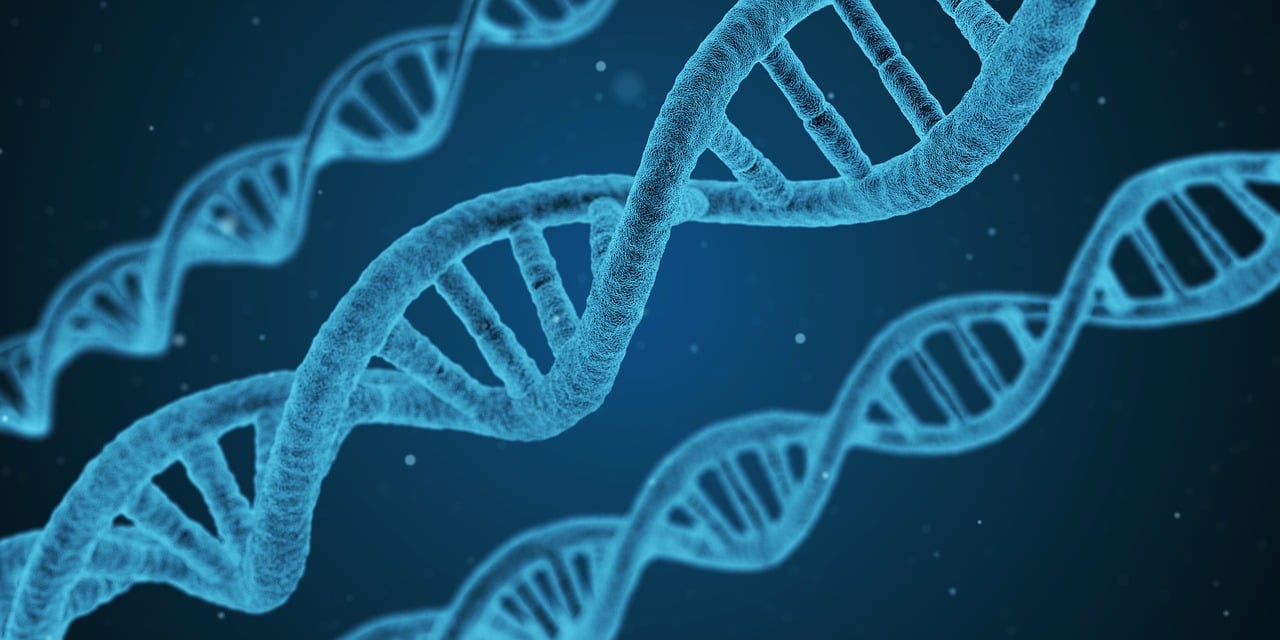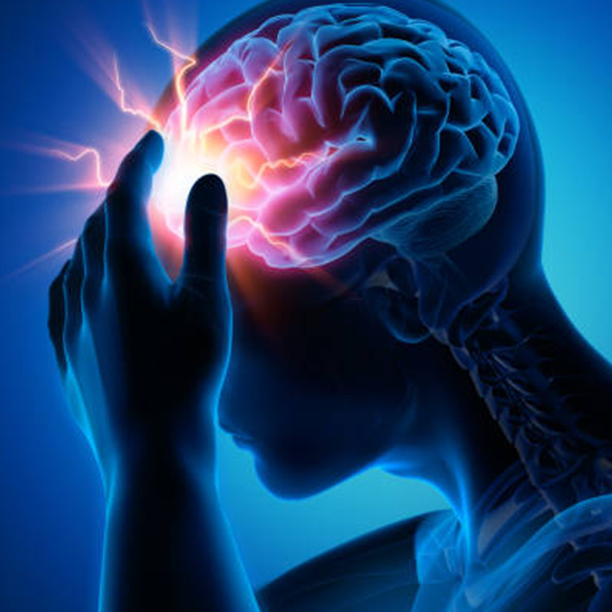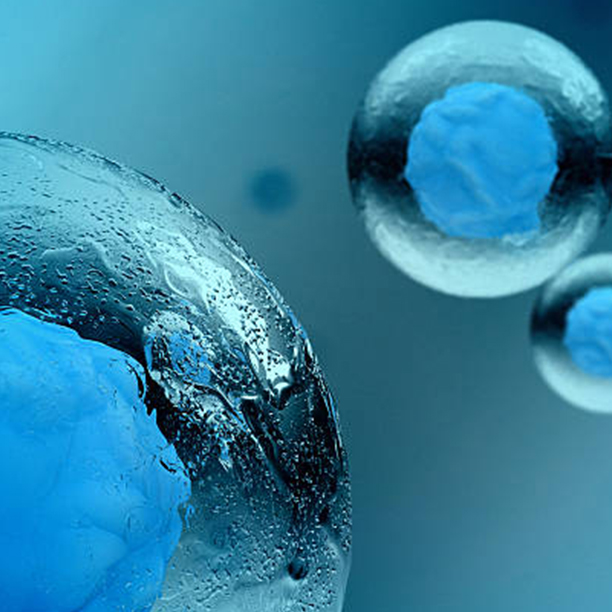Traditional therapy approaches frequently fall short for people with degenerative illnesses, chronic pain, or neurodevelopmental problems because they prioritize symptom management above actual healing. As an alternative that gives hope for long-term recovery and a restored quality of life, stem cell therapy has drawn a lot of attention.
At Rocky Point Stem Cell Therapy, however, one of the most frequent questions we receive is, Does it truly work?
Variables affecting the response include the ailment under treatment, the patient’s general health, and the actual treatment plan. Nevertheless, a number of our patients have had significant improvements, and mounting evidence confirms stem cells’ potential as a treatment for a range of illnesses.
What Affects the Success Rate of Stem Cell Therapy?

There is no universal strategy for stem cell therapy. A patient’s response to treatment is influenced by several factors, which affect the results. Delivering safe, efficient, and individualized care at Rocky Point Stem Cell Therapy requires an understanding of these factors.
1. Type and Source of Stem Cells
The type of stem cells utilized has a significant impact on success rates. Rocky Point uses mesenchymal stem cells (MSCs) from ethically procured umbilical cord tissue for the majority of its therapies. These cells are well-known for their capacity to heal, their capacity to lower inflammation, and their adaptability to various circumstances.
2. The Patient’s Condition and Health Status
Each person reacts differently depending on their age, immune system, stage of illness, and general health. For instance, a patient with early-stage joint degeneration might react more rapidly and completely than one with more advanced degradation.
3. Severity and Stage of the Disease
In general, better results are obtained by individuals who are in the early or moderate phases of their illness. Stem cells are more likely to promote symptom relief and slower advancement than complete regeneration, even if they might still be helpful in more advanced stages.
4. Treatment Dosage and Frequency
The results are frequently correlated with the number of stem cells given and whether treatments are repeated over time. The team at Rocky Point adjusts dosage and therapy intervals in accordance with patient input and the most recent research.
5. Experience and Protocol of the Medical Team
The person doing the stem cell therapy impacts its outcome as well. Rocky Point Stem Cell Therapy adheres to meticulously planned procedures that are based on decades of clinical research and international standards. Our highly skilled medical staff monitors patients before, during, and after therapy to assess their progress and make any necessary treatment adjustments.
6. Supportive Therapies and Follow-Up
The best results from stem cells are frequently obtained in conjunction with other treatments, such as physical therapy, dietary modifications, or supplements. Additionally, follow-up care is essential for maintaining outcomes and tracking long-term efficacy.
Stem Cell Therapy for Chronic Pain Conditions

Chronic pain can significantly impair day-to-day functioning, regardless of its cause injury, inflammation, or degeneration. Following the failure of conventional treatments such as medication, steroid injections, or even surgery, many patients resort to stem cell therapy. Regenerative medicine provides an option at Rocky Point Stem Cell Therapy that emphasizes internal healing rather than merely numbing the pain.
Osteoarthritis and Joint Pain
Osteoarthritis affects millions, especially in the knees, hips, and shoulders. Stem cells may be helped by:
- Reducing inflammation in the joint
- Supporting cartilage repair and regeneration
- Improving mobility and range of motion
Reported Success Rate: Studies and clinical data show that 65–80% of patients experience noticeable pain relief and improved function within 6 months of treatment.
Rocky Point patients with osteoarthritis often report:
- Reduced stiffness and swelling
- Ability to resume walking, exercise, or travel
- Decreased dependence on pain medication
Back Pain and Degenerative Disc Disease
Stem cell therapy has shown promise in regenerating spinal discs and improving cushioning in the lower back. Ideal candidates are those with:
- Mild to moderate disc degeneration
- Chronic low back pain
- Limited benefit from physical therapy or injections
Results vary, but many patients experience:
- Pain reduction within weeks
- Improved sleep and posture
- Greater ease in sitting, standing, and movement
Neuropathy and Nerve Pain
Conditions like diabetic neuropathy or sciatica involve nerve damage that’s notoriously difficult to treat. Stem cell therapy may:
- Support nerve healing through anti-inflammatory effects
- Improve circulation and cellular repair
- Reduce numbness, tingling, and burning pain
Preliminary data shows 50–70% of patients feel some level of symptom relief, especially when therapy is combined with lifestyle support
Stem Cell Therapy for Autism Spectrum Disorder (ASD)

Autism is a complex neurological disorder that lacks a universally applicable treatment. Stem cell therapy offers a scientific approach that aims to reduce inflammation in the brain, improve immunological function, and assist neurological repair, whereas traditional therapies concentrate on behavior and communication.
Many families looking for supplemental care for children with autism have contacted Rocky Point Stem Cell Therapy. Some patients report significant improvements in function, comfort, and behavior, even if stem cell therapy is not a cure.
How Stem Cells May Help
Stem cells—particularly mesenchymal stem cells (MSCs)—may support children with autism by:
- Modulating immune system dysfunction often present in ASD
- Reducing systemic inflammation and brain inflammation
- Improving oxygenation and circulation to neural tissue
- Encouraging better neural connectivity and cellular repair
Reported Results and Observations
While clinical research is still emerging, many families report changes in areas such as:
- Improved eye contact and social engagement
- Better sleep and fewer sensory meltdowns
- Increased verbal communication and focus
- Reduction in repetitive behaviors or aggression
Reported Success Rate: In observational studies and real-world reports, approximately 50–70% of children show some level of improvement after stem cell therapy, particularly when combined with behavioral and educational interventions.
Rocky Point’s Autism Protocol
Our autism treatment approach includes:
- Thorough pre-treatment evaluations
- Safe, non-surgical IV or intranasal delivery of MSCs
- Post-treatment monitoring and family support
- Coordination with existing therapy plans whenever possible
Rocky Point Stem Cell Therapy is frequently chosen by families looking for a supportive, natural treatment to accompany their child’s continuing care. Our goal is to help you on your trip in a safe, logical, and reasonable manner.
Other Conditions with Notable Success Rates
Stem cell therapy is being investigated and showing promise for various medical disorders beyond autism and chronic pain. Patients at Rocky Point Stem Cell Therapy have shown promising outcomes in treating pulmonary disorders, autoimmune diseases, and even post-viral syndromes.
Autoimmune Disorders (Lupus, Multiple Sclerosis, Rheumatoid Arthritis)
Stem cells may help regulate overactive immune responses by:
- Reducing inflammation and flare-ups
- Promoting tissue repair
- Potentially slowing disease progression
Reported Success Rate: Clinical studies show improvement in 60–75% of patients, including decreased reliance on steroids and fewer hospital visits.
Many Rocky Point patients with autoimmune conditions report:
- More energy and reduced fatigue
- Lower joint pain and swelling
- Stabilization of disease symptoms
COPD and Other Lung Diseases
Chronic Obstructive Pulmonary Disease (COPD) and similar conditions can limit oxygen flow and quality of life. Stem cell therapy may:
- Decrease lung inflammation
- Regenerate damaged tissue
- Improve breathing function over time
Reported Success Rate: While results vary, many patients experience improved breathing capacity and reduced shortness of breath after 1–3 rounds of treatment.
Setting Realistic Expectations
Stem cell therapy can offer substantial relief and functional improvements despite the fact that it is not a cure-all and is not appropriate for every patient. At Rocky Point Stem Cell Therapy, we believe that the first steps to success are candid conversations about what is practical, what is supported by research, and what is best for each patient’s unique situation.
Results Vary by Condition and Patient
- Some patients see improvements within weeks, while others notice gradual changes over several months.
- The degree of improvement often depends on the condition being treated, the stage of the disease, and the patient’s overall health.
- Success for one patient may mean pain reduction, while for another, it may mean increased focus, better breathing, or more energy.
Ongoing Support Matters
Stem cells work best as part of a comprehensive care plan. That’s why we offer guidance on:
- Supportive nutrition and supplementation
- Follow-up care and evaluation
- Timing and frequency of booster treatments, if needed
- Integrating stem cell therapy into existing medical care (never replacing it without physician oversight)
Safety and Transparency Come First
We only treat patients we believe will benefit from therapy. Every case starts with a full medical review and consultation for:
- Determine if you’re a good candidate
- Customize your treatment plan
- Explain realistic outcomes based on current research and our clinical experience
We’ll never make promises we can’t support. Our goal is to offer hope backed by science, delivered with compassion.
Real Results, Real Hope with Rocky Point Stem Cell Therapy

Patients with autoimmune diseases, autism, chronic pain, and other hard-to-treat illnesses are finding fresh hope thanks to stem cell therapy, which is transforming lives. Numerous people enjoy genuine, long-lasting changes that restore comfort, function, and quality of life, while success rates differ according to the patient and their condition.
We at Rocky Point Stem Cell Therapy are dedicated to assisting you in comprehending your choices, establishing reasonable goals, and gaining access to secure, evidence-based treatment in a caring setting. Since no two patients are alike, our strategy is focused on your objectives, well-being, and path.
Thinking About Stem Cell Therapy? Let’s Talk.
If you or a loved one are considering regenerative medicine, we invite you to schedule a free consultation with our team. We’ll review your medical history, answer your questions, and help you understand whether stem cell therapy could be a fit for your condition.
Contact Rocky Point Stem Cell Therapy today—and take the first step toward a better tomorrow.


